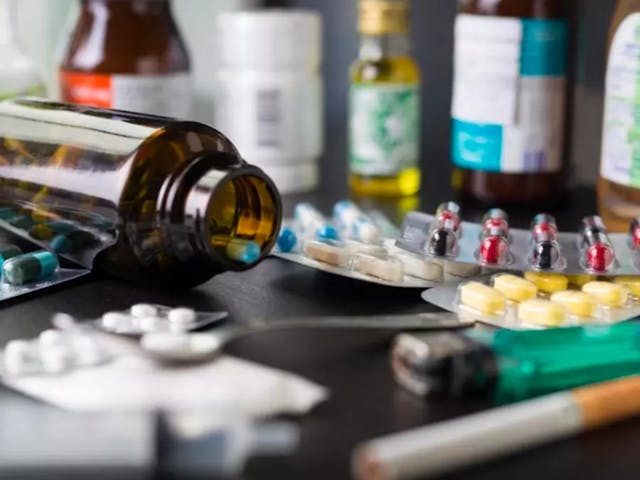Paying for care shouldn't be an issue.
We accept most insurance providers.
Zinnia Health is in-network with many leading insurance companies.
Select your insurance provider to check your coverage & verify your insurance.



























Our Programs
Find the location that
works for you.

Why Zinnia?

Treatment Protocol
Designed to break through to core-issues

Treatment Options
Tailored to your needs

Spacious Rooms
With comfortable beds, TVs, kitchen & laundry facilities

Formal Alumni
Aftercare programs
You’re unique, and we’ll treat you that way

Good mental health is key to your success
Treatment options
that work for you.
Depending on which of our facilities you choose, we offer a variety of ways to help you tackle addiction and maintain a healthier lifestyle.
Detox
Our drug and alcohol detox centers have medical professionals, as well as 24-hour nursing staff, to help patients manage symptoms as comfortably as possible.
Inpatient Treatment
Some patients need a safe, supportive, and nurturing environment without any distractions to achieve success.
IOP (Intensive Outpatient)
Some patients do not require inpatient care and need to maintain work, school, or other responsibilities while seeking help.
Outpatient
This level of care offers a safe, non-judgmental and supportive environment to honestly confront your addiction and underlying issues.
Recovery Residences
We partner with local, private transitional houses to provide a supportive transition back to everyday life.







